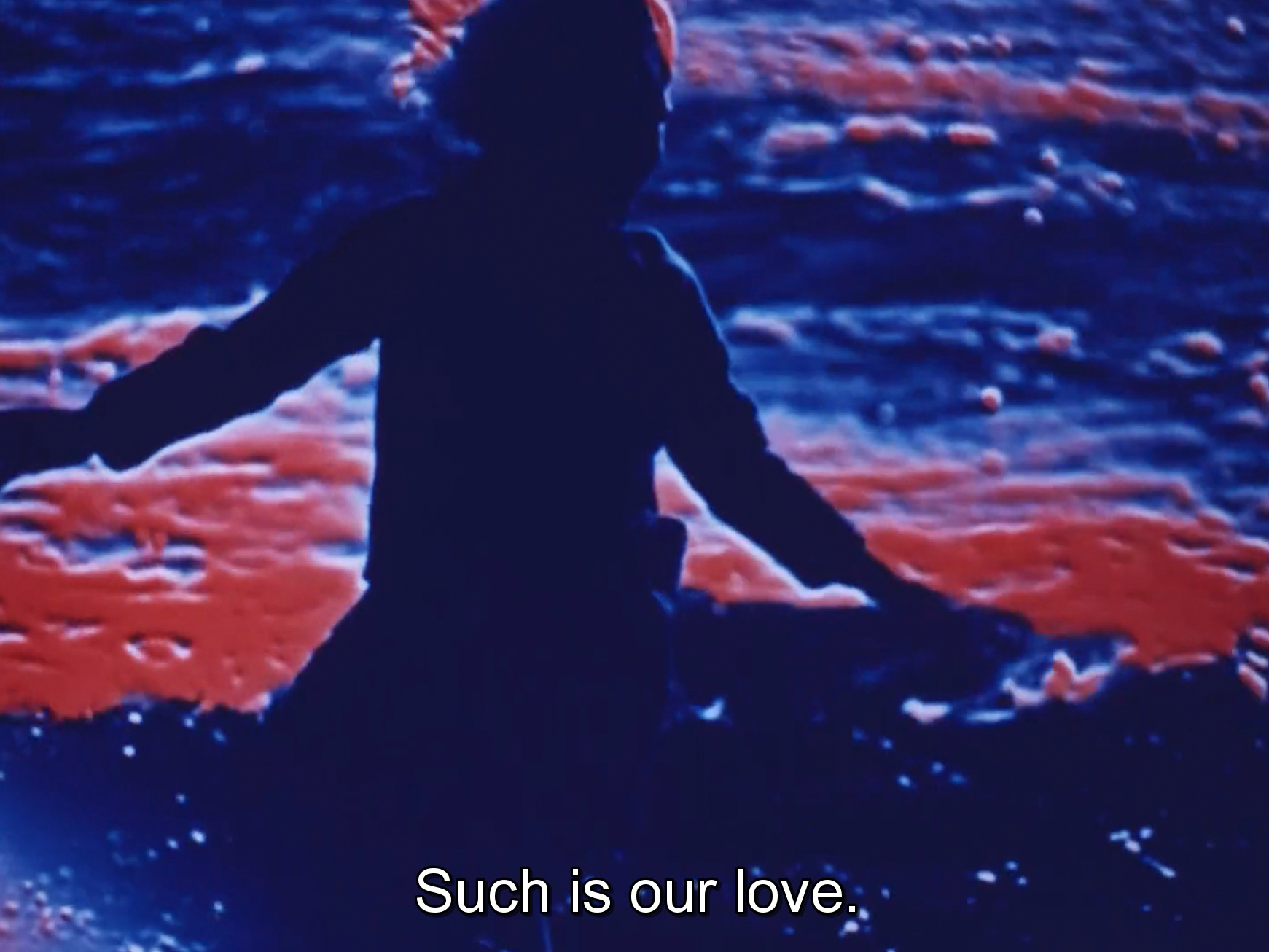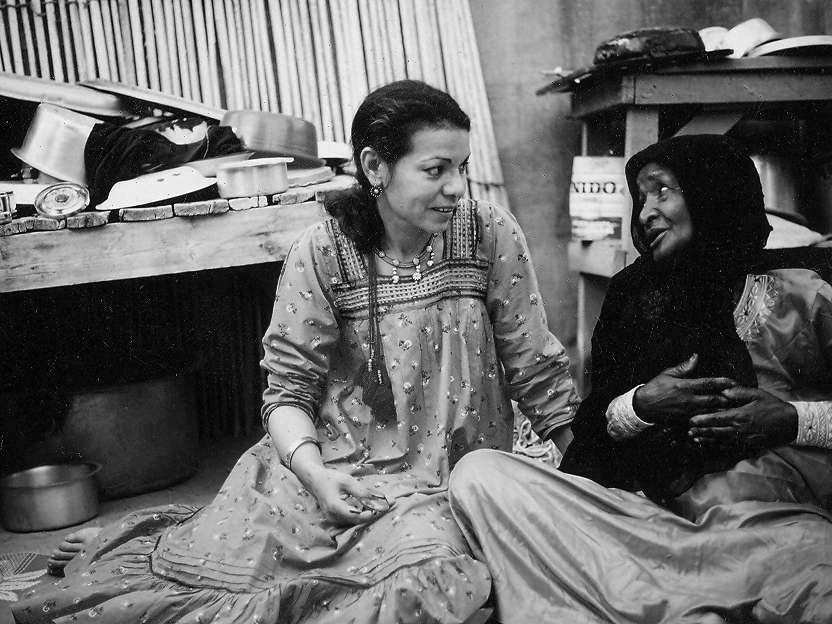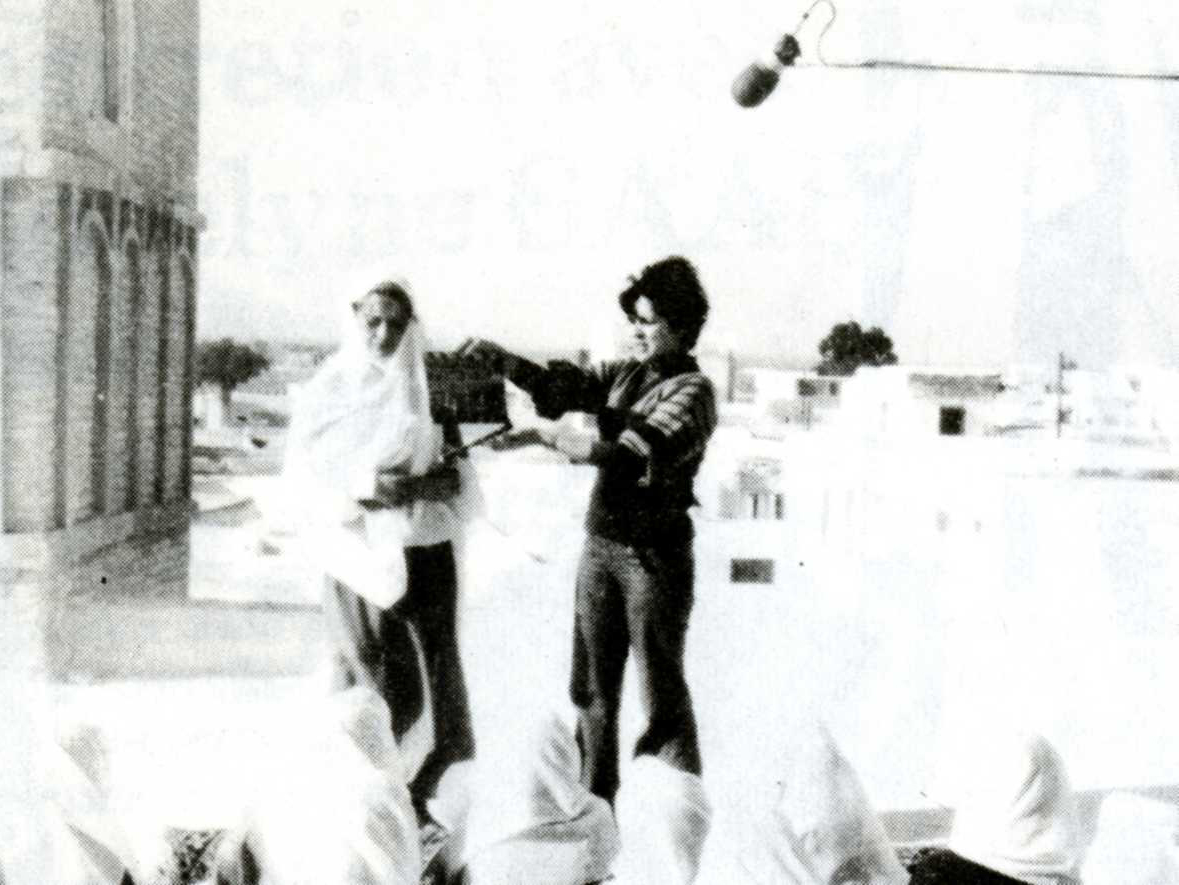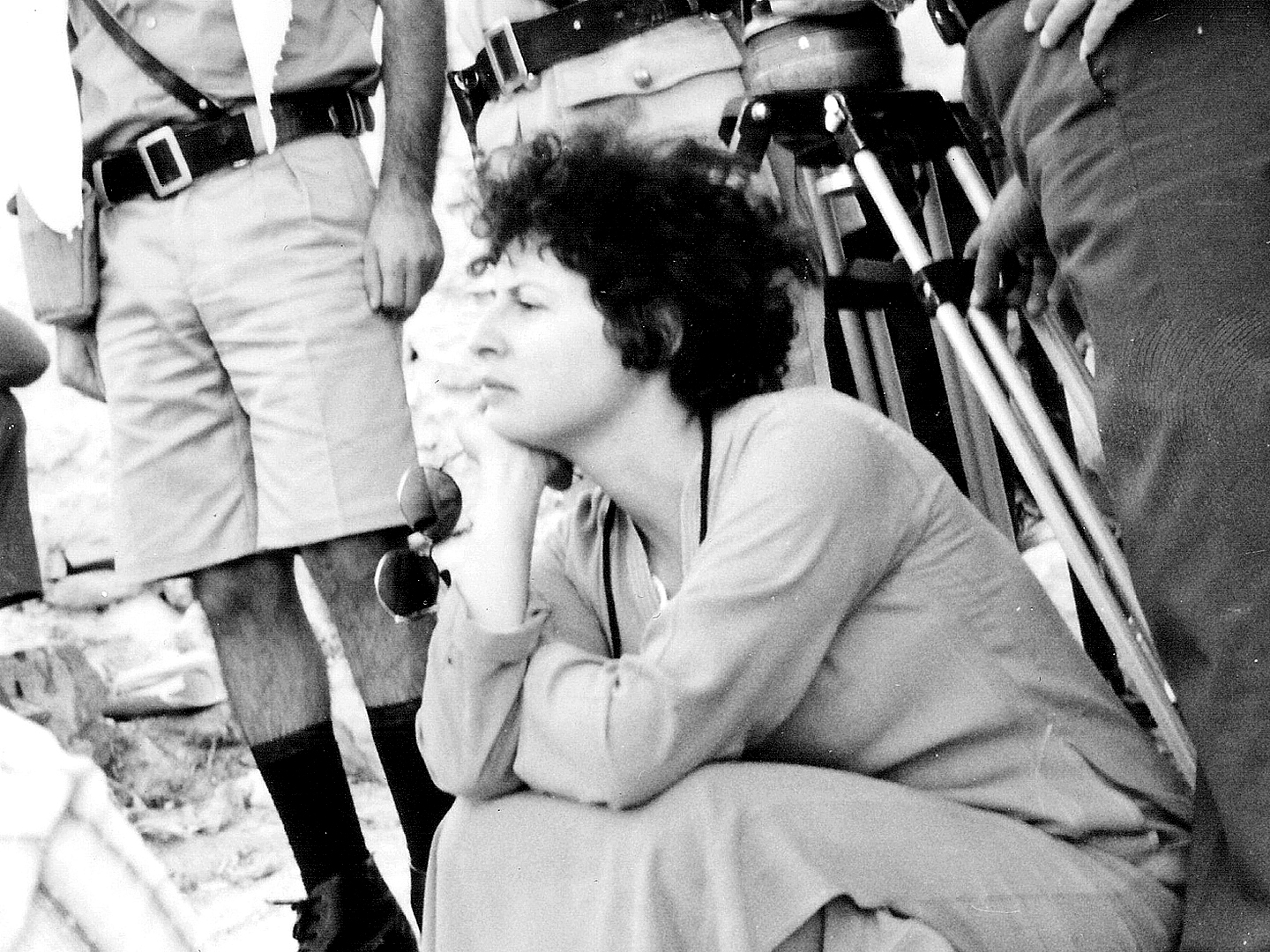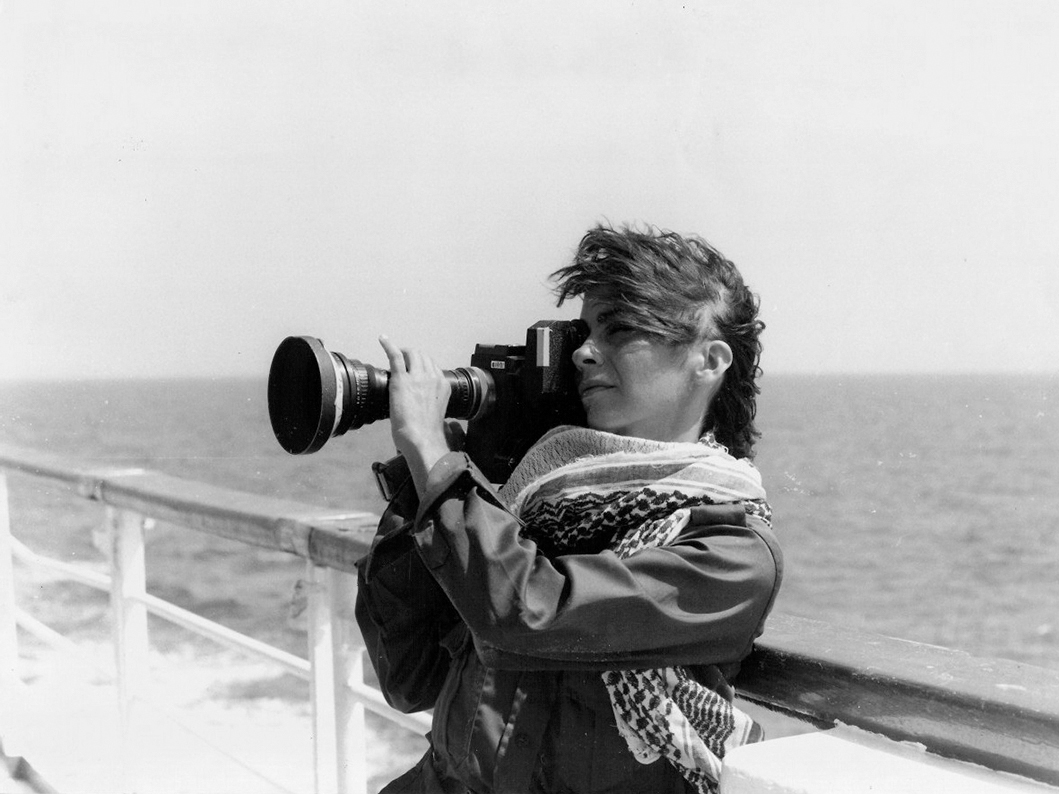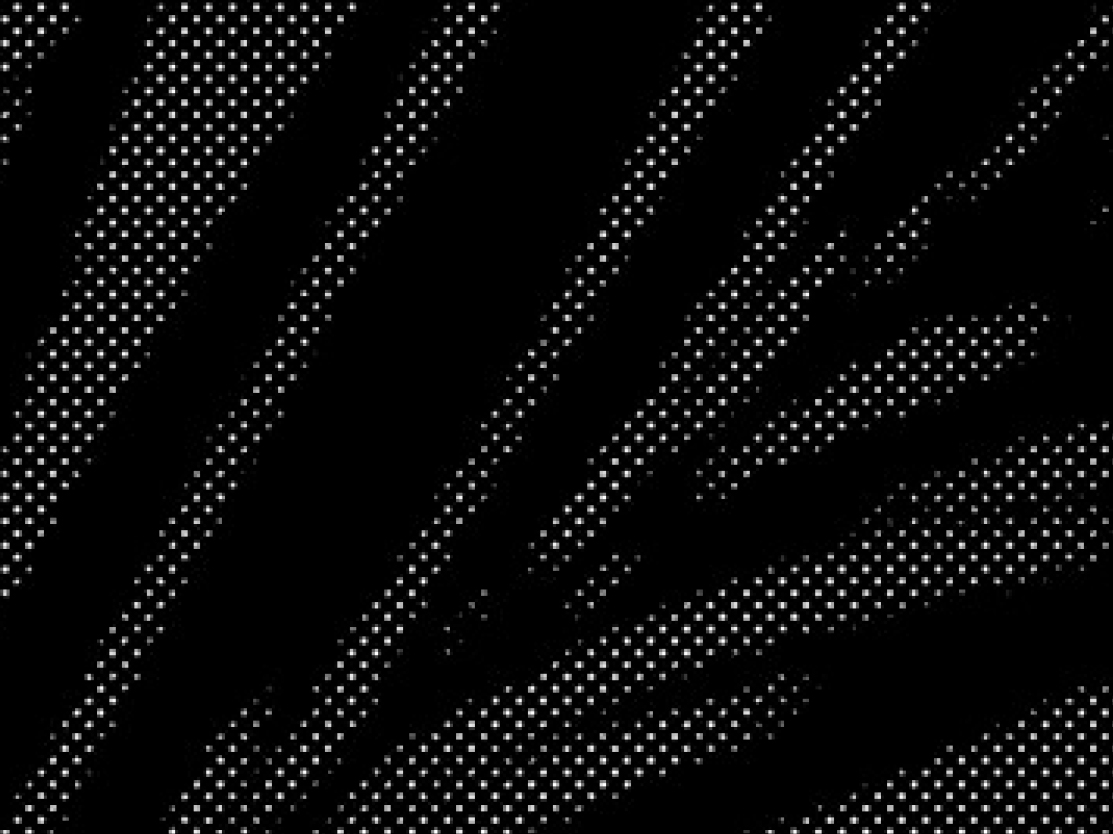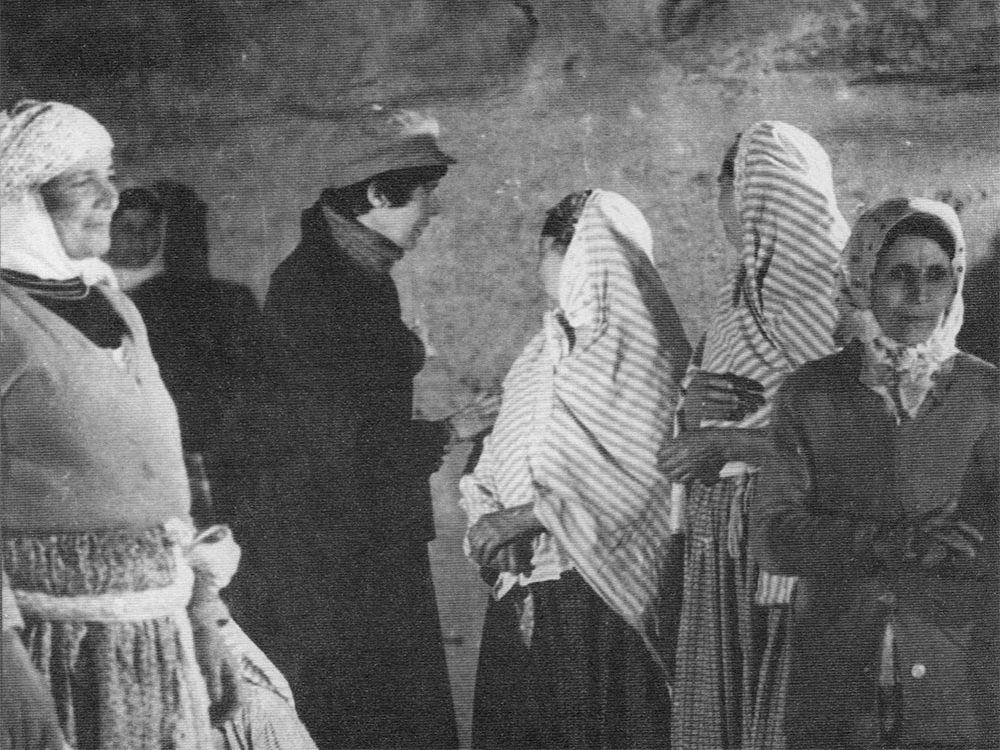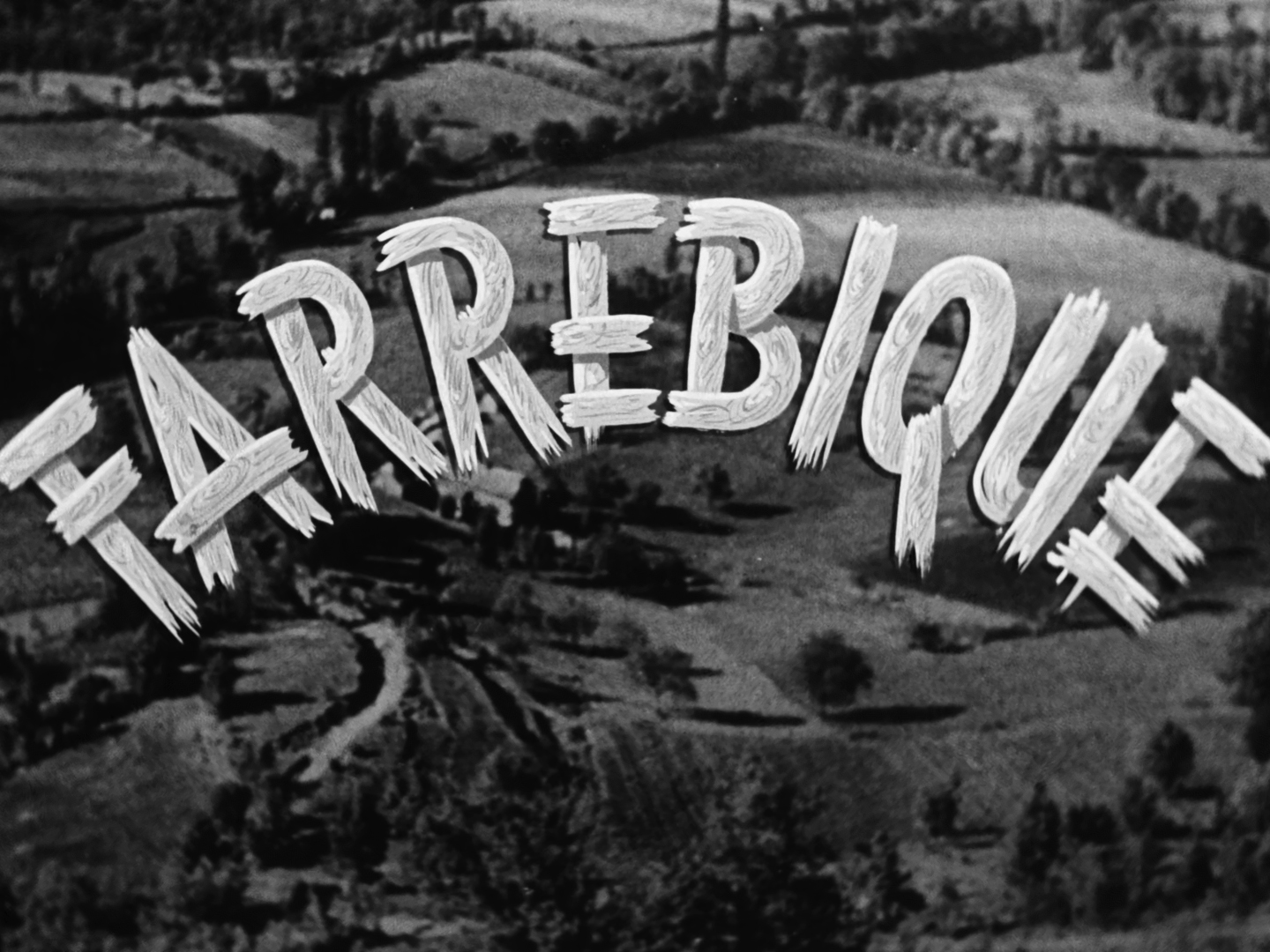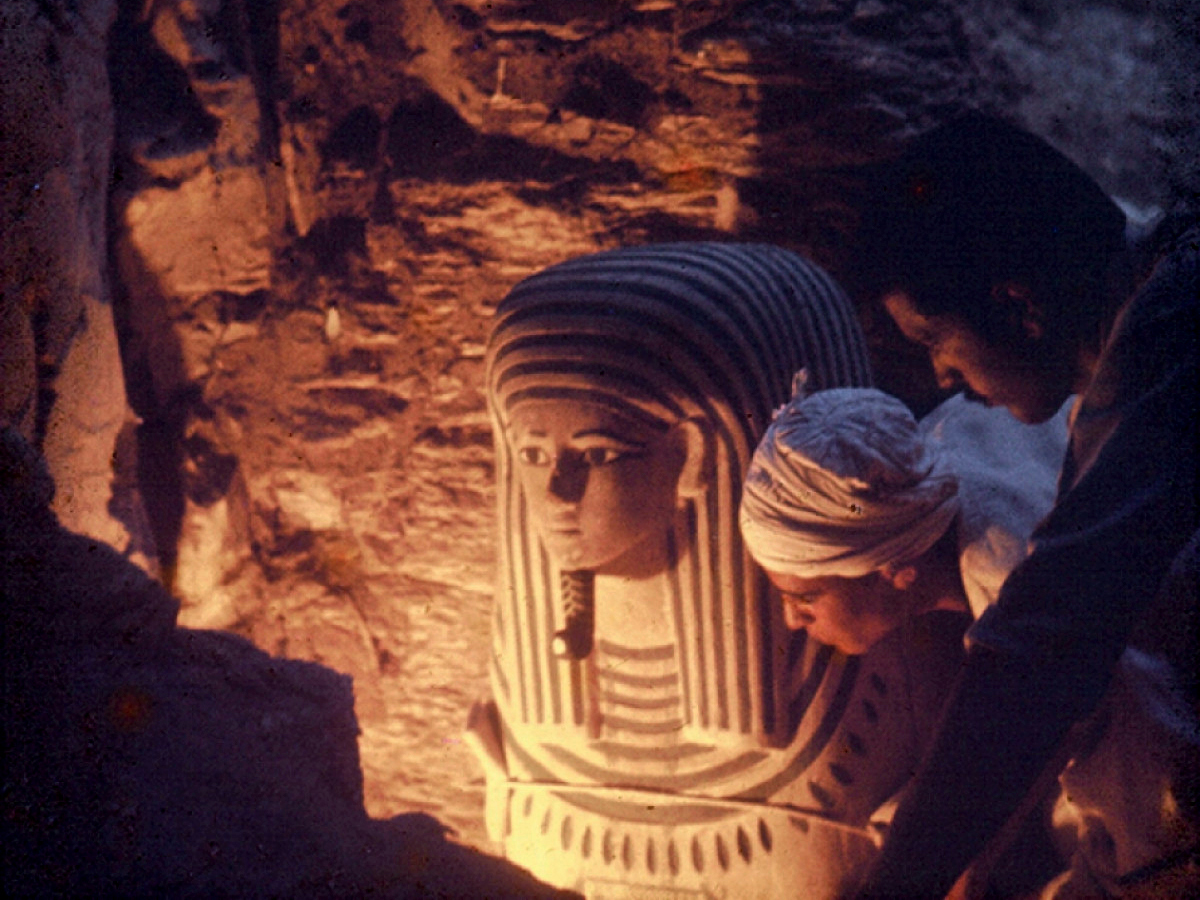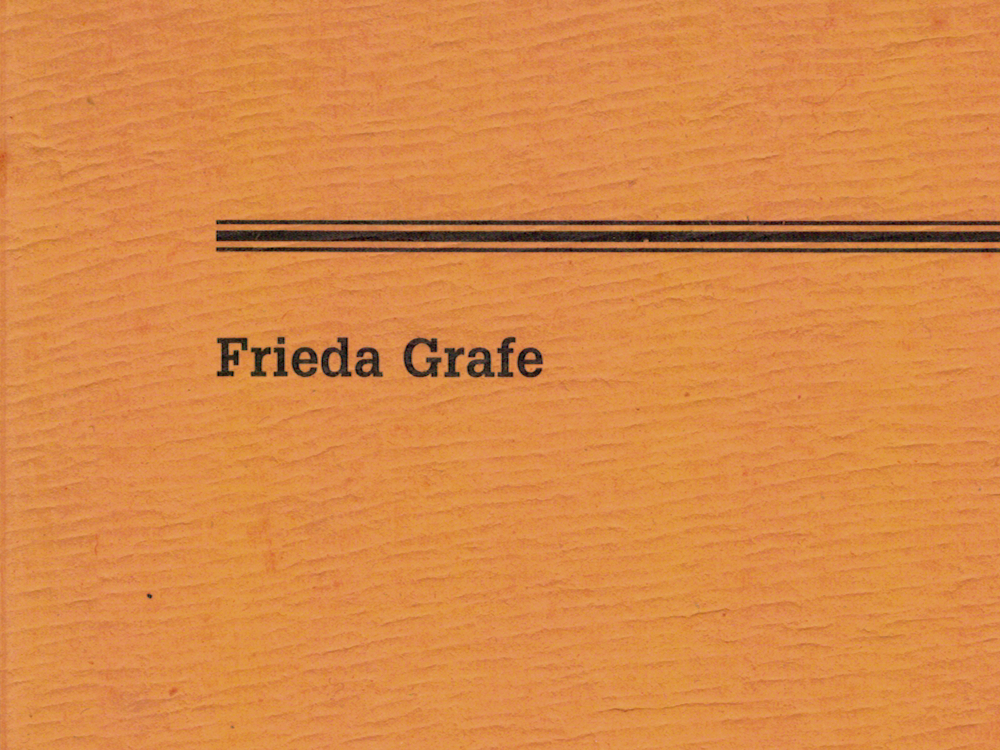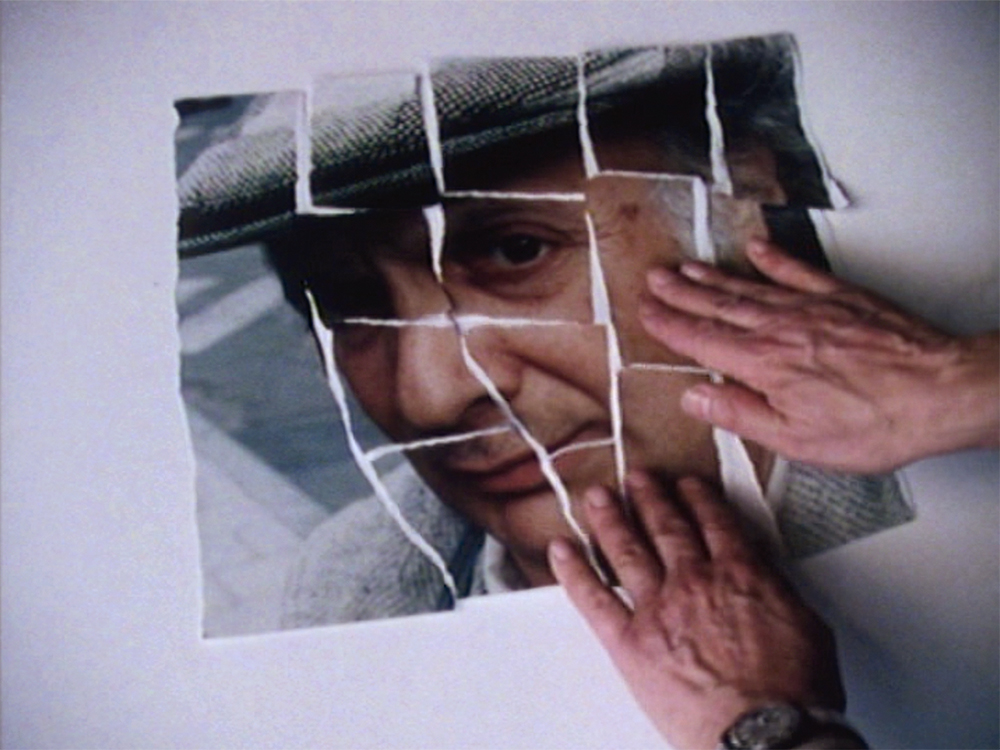COMPILED BY Gerard-Jan Claes, Nina de Vroome, Tillo Huygelen

Johan van der Keuken (1938-2001) was a Dutch filmmaker and photographer. At the age of seventeen, he already made a name for himself with Wij zijn 17 (1955), a photo book of portraits of peers. A year later, he entered the Paris film school IDHEC, where he discovered a growing passion for filmmaking. As a filmmaker, he broke through with experimental documentaries such as Blind kind (1964) and the North-South trilogy (Dagboek, Het witte kasteel, en De nieuwe ijstijd, 1972-1974) in which he depicted increasing global inequality. He made more than fifty films.
Van der Keuken was also a gifted writer on cinema, an activity through which he sought to delineate his practice as a filmmaker. “For myself, writing was necessary at times, because something lived inside of me, floated before my eyes, that I wanted to grasp. With hermetic formulas or intuitive stammering, speculative ebullitions or harsh prescriptions for the world.” This collection of texts by Johan van der Keuken offers a chance to (re)discover him not only as a filmmaker but also as one of the most original writers on cinema.








